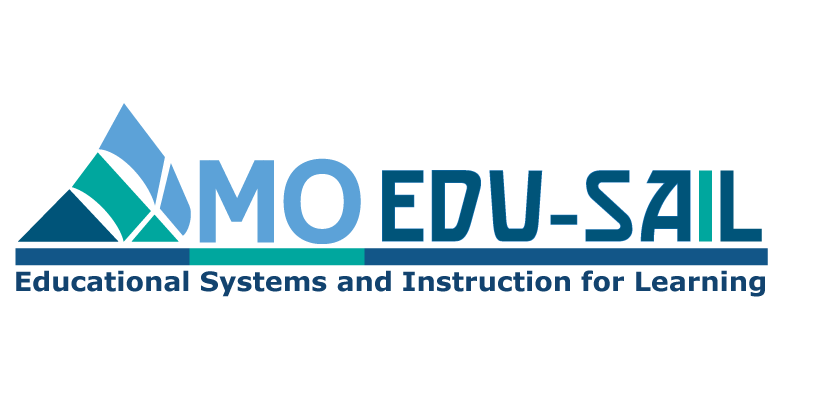UNPACKING COLLABORATIVE TEAMS
What makes an effective team?
One paper found that there are some key factors in creating effective teams (Johnson, Reinhorn, & Simon, 2016).
- Teams have a clear, worthwhile purpose.
- Team meetings occur regularly with sufficient time set aside.
- Administrators offer engaged support and attention.
- Teams have trained teacher leaders to facilitate.
- Teams have an integrated approach
Successful teams have ongoing engaged support and regular feedback from administrators (administrators, internal, and external coaches) (Johnson, Reinhorn, & Simon, 2016).
Successful teams have ongoing support from administrators keeping abreast of meetings and providing support and feedback. Do you agree with this point? Are there other ways in which you think administrator support is critical to effective teams?
For improved outcomes for all students, educators should know why they are meeting, what they are meeting about, and how to meet.
Why?
Educators collaboratively develop common purposes and goals for improved student outcomes within a culture that embraces continuous school improvement.Objective 1 - The Why
Detailed description of the core components: Common purposes and goals; improved student outcomes; culture of continuous school improvement. Example: As a collaborative team, we are here to improve outcomes for students through improved teaching and learning practices. To improve future student outcomes by becoming more skilled educators.
Educators should individually and collaboratively reflect on their instructional practices and make adjustments based on data.
Are your teams focused on the “right things”? Are your team meetings focused on improved student outcomes? Think about a situation in which you have participated where collaboration was supposed to occur. How did it go?
What does “good” collaboration look like?
Example: Good collaboration has to have: shared decision making, equal voices that are all heard, and team problem solving.
What?
Educators intentionally collaborate about the most effective practices within curriculum, instruction, assessment, and climate.Objective 2 - The What
The physical space, the social and emotional behaviors of the students and the adults in your building – are critical elements of effective schools. This online module illustrates just a few of the research-based effective teaching and learning practices that have the biggest impact on student learning. Effective practices in all four of these areas will continue to be addressed and developed. Key words are “intentionally” and “effective practices.”
- Collaboration is intentional with a clear purpose and utilizes effective processes. (Collaborative Teams)
- Collaboration is focused around the discussion of high impact practices. (Effective teaching and learning practices.)
- Collaboration uses data effectively to improve student outcomes. (Data Based Decision Making and Common Formative Assessment.)
How?
Educators effectively utilize team processes, such as agendas, minutes, dialogue and discussion, norms, logistics, consensus, roles, decision-making skills, and protocols.Objective 3 - The How
Team processes are the structures that make our meetings productive. Have you ever been part of a meeting when you didn’t have an agenda so you didn’t know the plan for the meeting? Have you ever wondered “who’s in charge of getting this meeting started and moving along”? Have you been part of a team where it seemed no one knew how to make a decision or reach consensus? Team processes are critical.
- Agendas
- Minutes and Communication
- Norms
- Roles
The foundational pieces are critical for teams to know and implement to get started. They are not really debatable – should we or should we not – they are the expectation for all teams. Certainly there are levels for proficiency in these team processes, and – in your buildings, not all teams may be at the same place – and that’s okay. The point is – all teams must embrace these concepts and begin to perfect them.
Collaborative Skills
- Seven Norms of Collaboration
- Consensus
- Meeting Protocols
Collaborative Skills are those elements which will be developed over time. Knowledge and skill in the “norms of collaboration” (not to be confused with the meeting norms) and how to reach consensus and what protocols we can use to make our meetings run more efficiently and be more productive are all processes that are important – but cannot be taught in just one setting. They will evolve and your need and desire to be higher functioning teams will drive that on-going training. Team assessment tools will be used to help identify “where you are as a team” and help to determine what additional support and training you will need.

